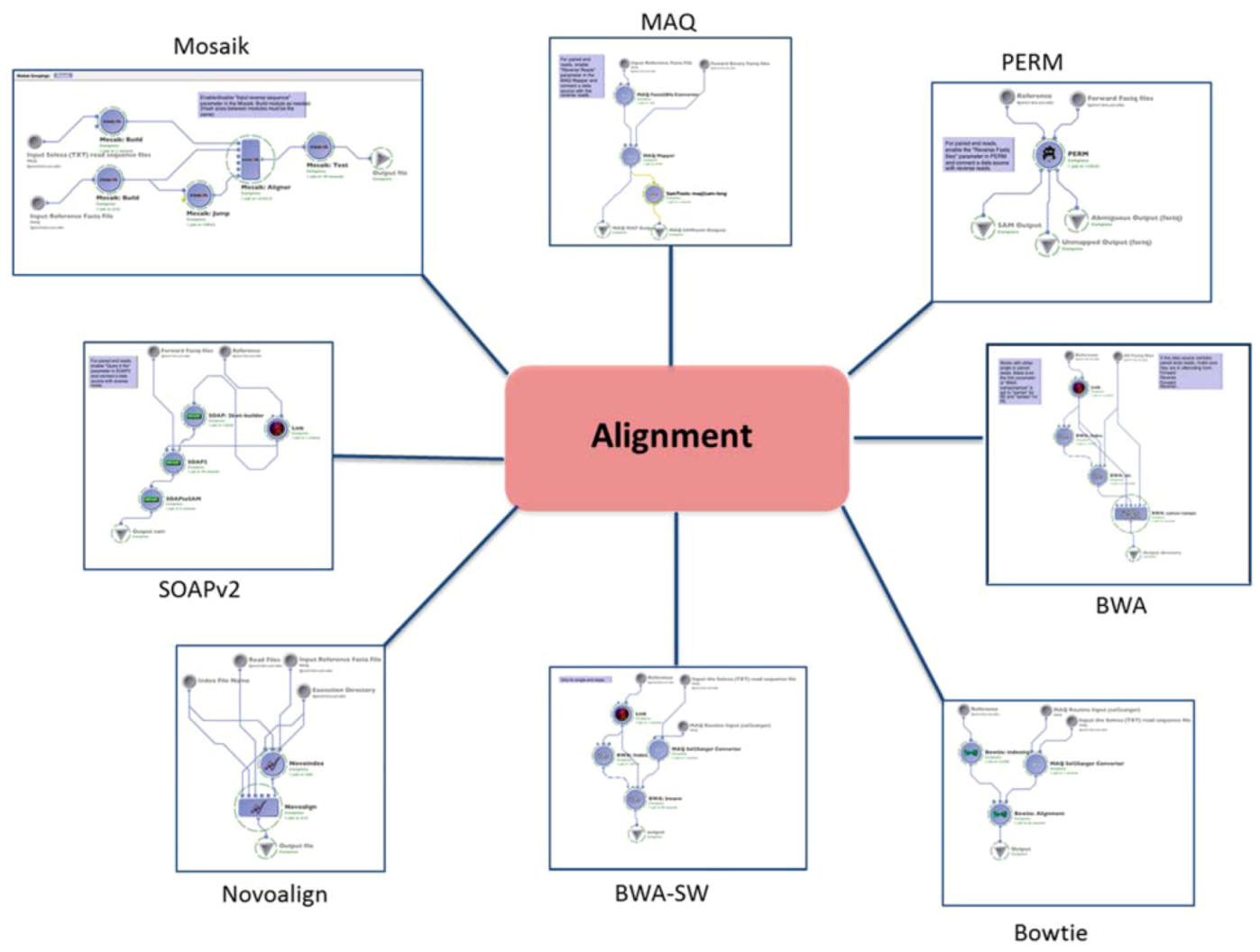

Office hours will be held once between sessions to help with homework questions or general questions about the previous session. Homework assignments for practicing key concepts will be assigned at the end of each session, and they will be due at the beginning of the following session in one week (homework assignments will take about 4 hours to complete). Please note that attendance is mandatory for the first 5 sessions (see schedule below for dates). Several different platforms can be used for micro-RNA data collection and analysis ( Brown, 2013 Zhang, Chiodini, Badr, & Zhang, 2011 ).

analysis of NGS data, often compiled at online platforms such as CSI NGS. Next-generation sequencing (massively parallel sequencing) technology for DNA and RNA analysis offers both high-speed data collection and analysis capacity previously unavailable. Each session runs for 2 consecutive days (9am to 5pm), and the sessions are held every week. A Practical Guide to the Highly Dynamic Area of Massively Parallel Sequencing The book walks readers through the multiple stages of NGS data generation and. DNA sequencing is the process of determining the nucleic acid sequence the order of. We can provide gene decoding and analysis for whole genome, exome. The course is comprised of five hands-on sessions held over a period of five weeks beginning mid-June (2016). Our NGS Service provides wide range of NGS applications for various research purposes.

Prior programming experience or command-line training is not required to take this course. During this course, participants will gain skills in the areas of (a) UNIX and basic shell scripting, (b) high-performance compute clusters, and (c) R for statistical analysis and data visualization. At the end of this course, participants can expect to have the expertise to independently run data analysis for sequencing experiments. Next-generation sequencing, or high-throughput sequencing, allows the rapid and cost-effective sequencing of DNA and RNA, and is widely used in genomics and. Imagine an experiment generating a billion data points every day, the equivalent of running millions of agarose gelsand taping (remember that) the pictures. The sessions will also include functional analysis downstream of sequence data processing. The topics covered in-depth during this course are analysis of RNA-Seq and ChIP-Seq data, with an optional Variant Calling session. Questions? Contact course is aimed at bench biologists who are interested in learning about NGS-based genomic analysis. This is open to members of HSCI, HMS affiliated researchers from the Basic and Social Science Depts. Visit the course webpage for complete details. The pre-registration deadline for this course is Sunday, May 1, 2016. Program of the Harvard Chan Bioinformatics Core


 0 kommentar(er)
0 kommentar(er)
